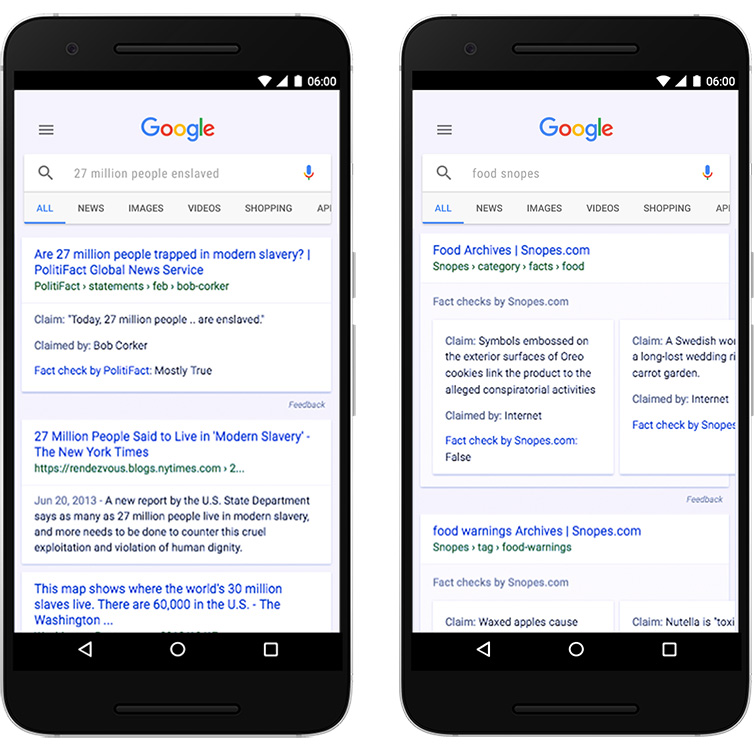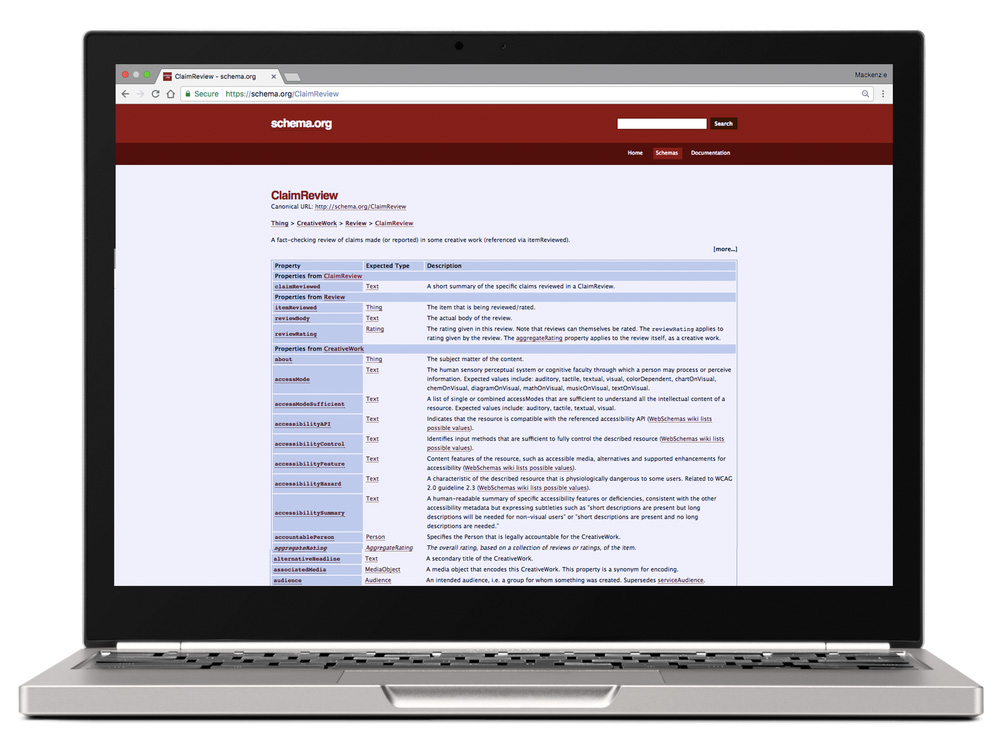Google was created to help people get useful information by finding it among the vast amount of content that publishers and websites create. This ability to access high-quality information is what drives people to use the web and makes authors keep filling it with content.
However, with the thousands of new articles posted online every day and every minute, the amount of content people come across can be confusing. And, unfortunately, not all of the information is up-to-date and truthful. Because of this, people sometimes find it difficult to distinguish between truth and fiction. So last October, along with its Jigsaw partners, Google announced that publishers in several countries would be able to tag Google News with Fact Check for news. This tag will flag articles that contain information verified by news outlets and vetting organizations.
Once Google receives feedback from both users and publishers, they plan to make the Fact Check in Google News available everywhere and extend it to all searches in all languages. When you search on Google and it comes up with a reliable result containing one or more of the verified claims, you will see that information on the search results page. The snippet displayed will contain the claim, the author of the claim, and a validation for that particular claim.

This information will not be available for any search result, and it is also possible that different publishers have checked the same statement on the search results pages and come to different conclusions. These checks are outside the purview of Google and are flagged to help people make better decisions. And even though there may be different conclusions on the same issue, Google believes that this will help people understand the degree to which a statement is controversial and clearly present the information on which sources agree. As the check will be more prominently displayed in search results, it is hoped that it will be easier for people to view and access these checks to form an informed opinion.
In order to connect to this program, publishers must use the Schema.org ClaimReview mark for a specific page that contains public information available for fact-checking (documentation here in English), or they can use the Share the Facts widget, developed by Duke University Reporters Lab in conjunction with Jigsaw. Only publishers who are algorithmically identified as authoritative sources of information are eligible to participate. Finally, content must comply with the general guidelines for all policies related to structured data labeling, Google News Publisher's fact-checking criteria, accountability and transparency standards, reliability, or site sampling compliance as specified in the Google News General Guidelines. If a publisher or approval does not meet these standards and guidelines, Google may, at its sole discretion, ignore the site's labeling.

This initiative could not have happened without the help of other organizations and the validation community, which expanded to 115 organizations. Learn more about the new feature in the Help Center.
What do you think about the innovation, dear readers? Do you think Google's new initiative will help you get better search results?
